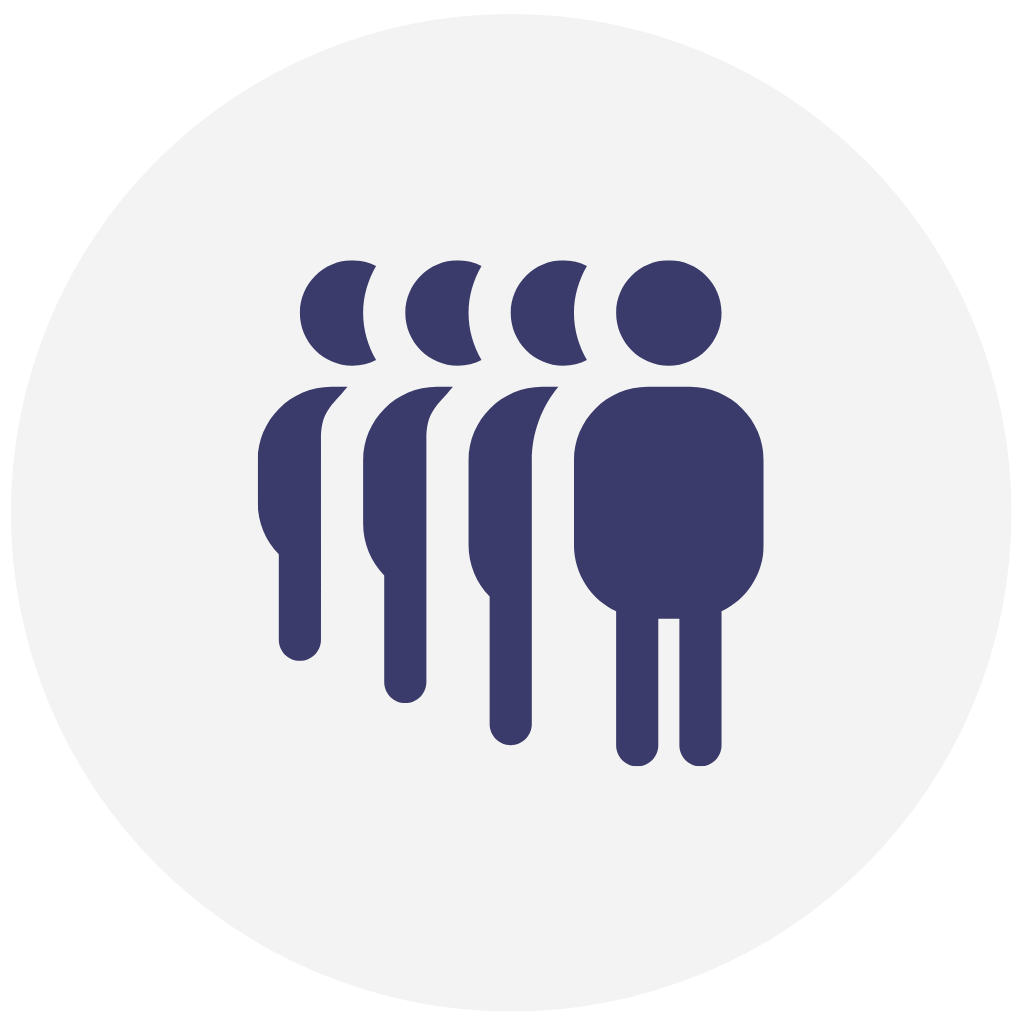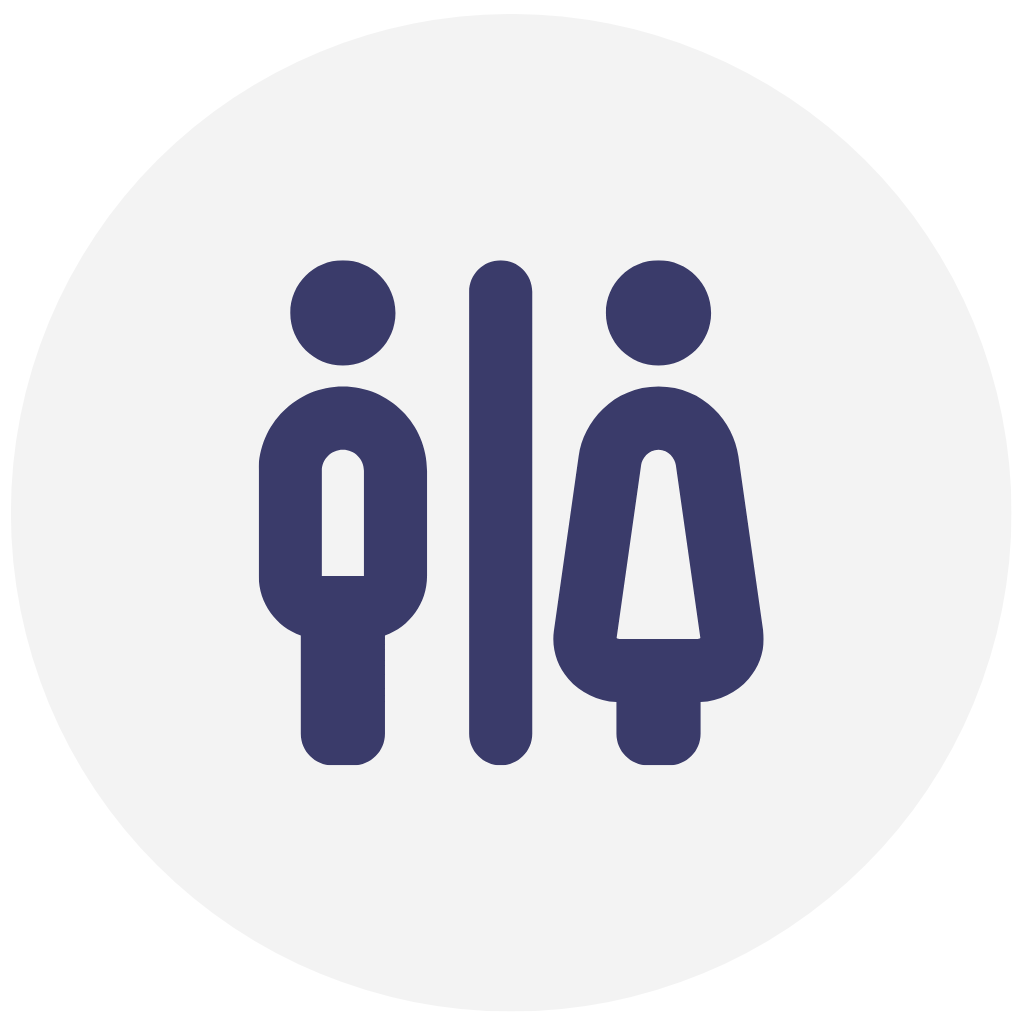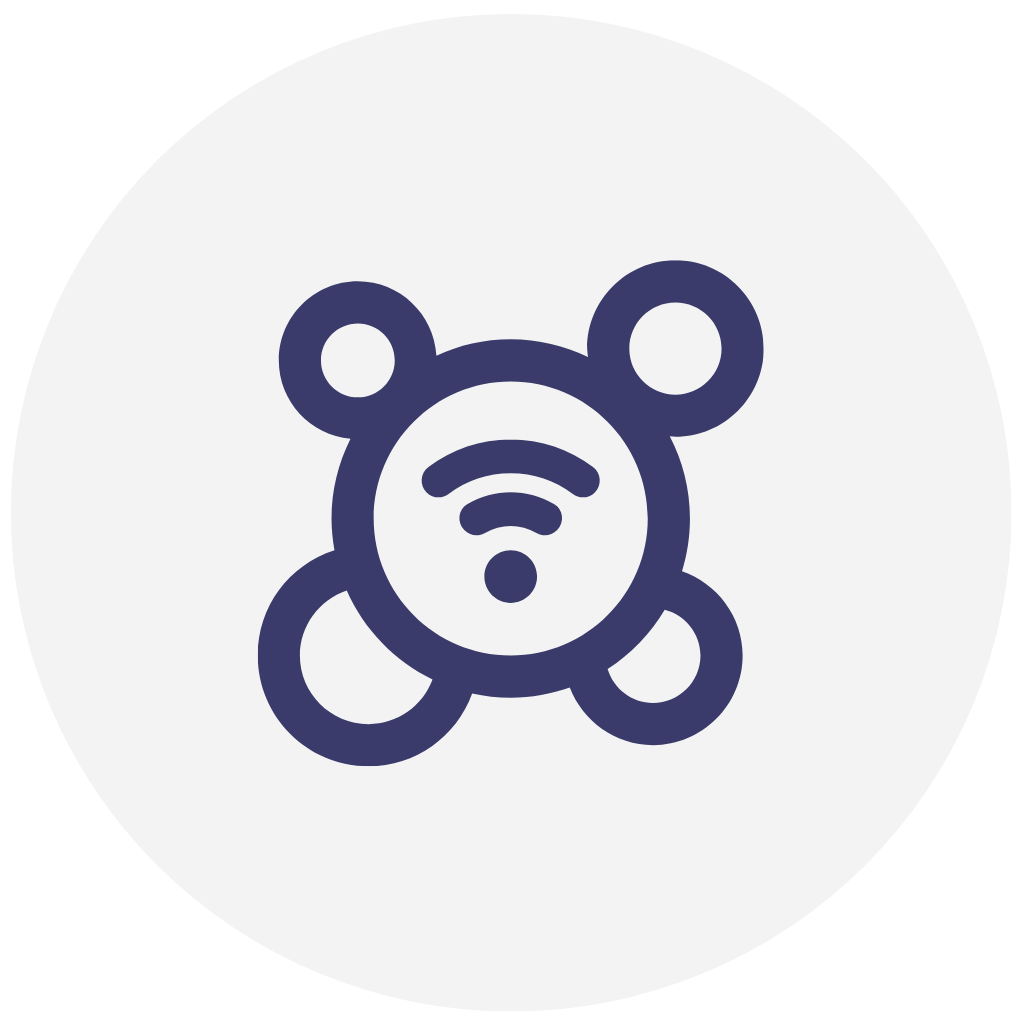COVID 19 undoubtedly altered the rhythm of people’s lives, particularly those who love to travel. Furthermore, the pandemic established the new rules that all people on the planet must follow. Recently, certain locations announced their readiness to welcome tourists again. So, what can one expect from the hospitality industry in 2022?
Everyone looks forward to the holidays. Students, more than anyone else, anticipate it. They are completely exhausted by their daily routine, which includes writing essays, conducting research, and checking through dozens of paper writing website reviews. A trip is an excellent way to recharge one’s batteries and see the world.
Following several lockdowns, the number of single journeys is expected to rise in 2022. People yearned for adventure and freedom. In response to this challenge, hotels should strive to break down barriers between hotel staff and guests. Moreover, they should develop interior design in a way that creates home comfort and an informal atmosphere for a memorable stay.
What Are The Future Trends In The Hospitality Industry?
Tourism is now at a crossroads. On the one hand, there is an increase in travel demand, but all market participants must consider the impact of COVID-19 restrictions. More travellers around the world say they are more determined than ever to choose environmentally friendly housing than last year, but a lack of appealing options makes this task difficult to put into practice.
Experts predict that in 2022, there will be an increase in the number of travellers who want to spend their money wisely and purposefully to have a positive impact on the planet. People will choose conscious journeys that adhere to the principles of sustainable development and seek out one-of-a-kind experiences that benefit the local community and the environment.
To attract travellers and conduct business, the industry needs to show more creativity and cohesion. Here are three key ideas that will be prioritized in the coming year:
Relaunch Of Business Trips
The pandemic has clearly reshaped the business travel sector by reducing the number of business trips. Nonetheless, the coming year is expected to bring back a share of them. Although many employees are accustomed to online meetings while working from home, they now want to draw clearer distinctions between their professional and personal lives.
According to research, videoconferencing is effective but cannot replace face-to-face meetings. Working remotely increases the incentive to meet in person with colleagues, partners, and customers.
According to Amadeus’s research data, 84% of business travellers intend to travel for business next year. Travellers’ expectations, however, have shifted dramatically as well. Safety and awareness requirements related to COVID-19 have come to the fore.
And, according to 98% of business travellers, innovative technologies increase their confidence in traveling, reduce time spent at the airport, the check-in time at a hotel, and improve interpersonal contacts. The most popular mobile applications offer the feature of contactless hotel reservations, payments, and flexible cancellation rules.
As a result, the hospitality industry has a second chance to relaunch both online and offline services related to arranging business meetings, holding corporate events, and catering to collaborative stays.
Finding New Drivers For The Hospitality Sector
During the pandemic, people did not have enough opportunities to travel and share their experiences with family and friends. Furthermore, most people were confined within four walls and were unable to spend their holidays outside of the city.
At the same time, the pandemic’s impact has opened up new sources of inspiration. People have delved heavily into exploring sites, streaming platforms, Netflix, YouTube, etc., in recent years to learn more about where to plan a trip in the near future.
The World Tourism Organization and the popular Netflix platform recently released The Global Report On Cultural Affinity and Screen Tourism, assessing the role of films and TV shows as drivers for tourism and hospitality industry development. According to the report, both the tourism and audiovisual sectors aim to promote culture, support jobs, and provide opportunities in a variety of locations.
The collaborative effort aims to assist destinations in realizing their full potential by promoting them on a screen.
In turn, the hospitality industry provides a broader range of packages for future travellers through subscriptions, ensuring improved comfort and services.
Focus On Digitalized Experience And Guest Benefits
It is always nice to get extra bonuses. Students are a group of people who value any chance to get a discount or perks. They sift through numerous travel writers rating websites to see where they can get them while traveling on a tight budget.
Mobile applications are becoming more popular with the digitalization of society. By installing the app of a cinema or hotel complex today, one can earn a good discount.
Applications perform a variety of functions for the hospitality sector. For example, hoteliers can easily manage the range of services they provide to their customers, control their quality and demand among travellers, and receive feedback, which in turn influences the demand for the hotel facilities and for visiting the recreation destination in general.
Furthermore, more and more hospitality industry facilities are investing in the purchase of contactless payment equipment. It not only improves the level of comfort during your stay but also saves travellers’ time when dealing with organizational issues.
Travellers who prefer to unlock devices with their faces or fingerprints will be able to get this service in hotels in the near future, allowing them to enter a hotel room without a key. This innovation may be quite expensive for some hotel complexes. Travellers, on the other hand, value comfort because it allows them to relax without worrying about whether or not they have lost the key.
Modern travellers are spoiled and demanding at the same time. They adore individual attention and high-quality service. Many hoteliers invest not only in contactless payment equipment but also in personalized marketing specialists who are in charge of sending personal offers via e-mail to their target audience.
In addition to including the client’s name in the letter, these specialists examine previous user experiences and tailor their offers and promotions to the traveler’s preferences.
To improve interactions with travellers as potential customers, technology platforms employ various tools, including CRM and CEM. In addition to the standard mailing, this process includes the introduction of chatbots for quick and timely customer service when any questions arise or for room booking.
The efficient operation of hotels is directly related to how much the owner is willing to invest in comfort rather than profit. A successful system of customer relationships, messaging, data analytics and user behaviour analysis will create an ideal model for doing business in the new year.
Conclusion
As you can see, the hospitality industry never sleeps. It improves its technology and service levels to provide travellers with a more unique and memorable experience the next year.
Several locations have been identified by experts as the most popular in the coming year. Cook Island is ideal for beach tourism, new cultural discoveries, and the study of indigenous peoples’ mentalities. Taiwan is a great choice for fans of old architecture and night markets.
Mauritius is the right choice for trips with a family and children. In Brazil, particularly in Granada, one can enjoy a beautiful setting reminiscent of a charming Swiss village. Choose a destination you want and travel with pleasure!
Lafond Wanda is a professional content writer, copywriter, content strategist, and communications consultant. She started young with her writing career from being a high school writer to a university editor, and now she is a writer in professional writing platforms— her years of expertise have honed her skills to create compelling and results-driven content every single time.

 People Counting
People Counting Conversion Analytics
Conversion Analytics Customer Behavior
Customer Behavior Occupancy Management
Occupancy Management Queue Analytics
Queue Analytics Restroom Management
Restroom Management Guest Wifi Marketing
Guest Wifi Marketing Corporate WiFi Access
Corporate WiFi Access Retail
Retail Shopping malls
Shopping malls Hospitality
Hospitality Public Venues
Public Venues